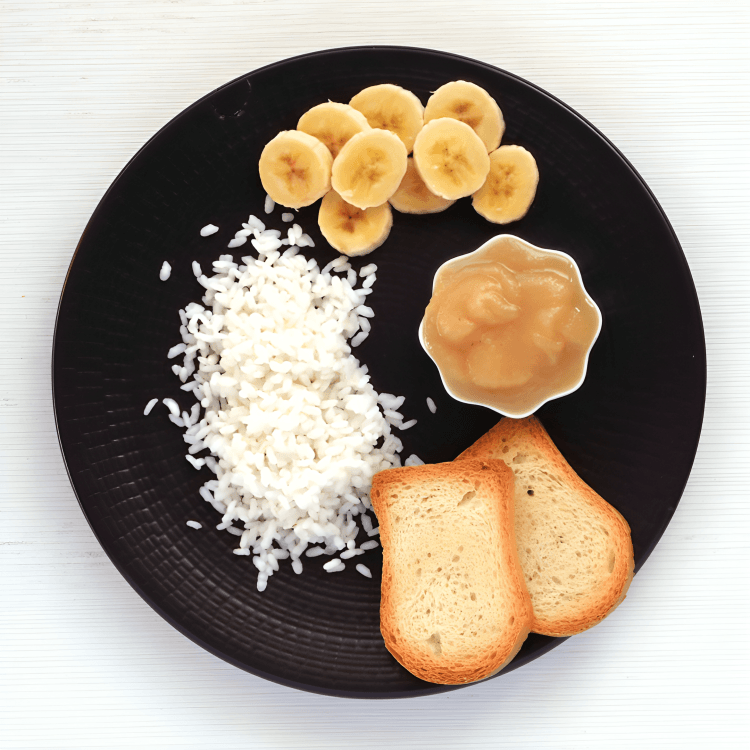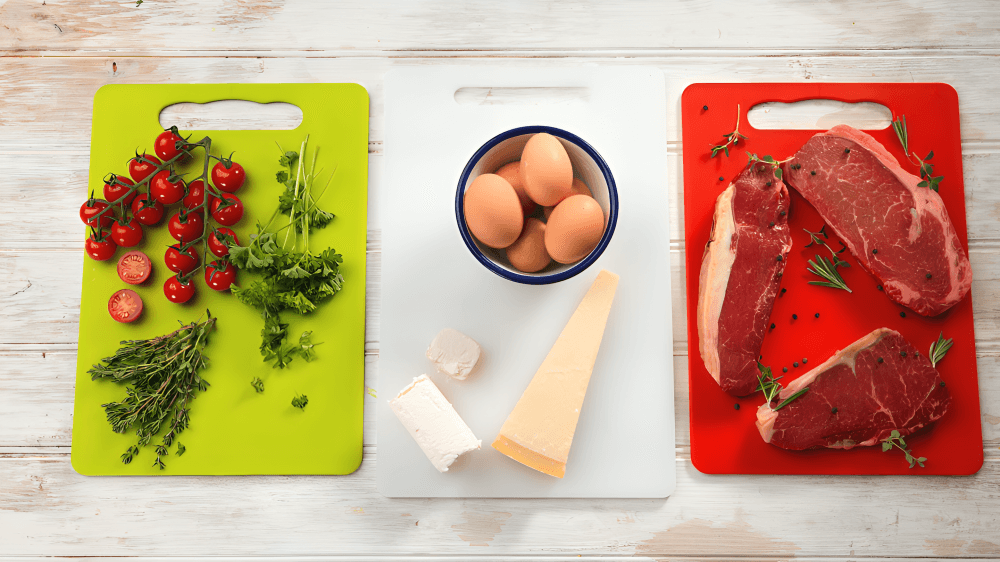
“
Mild to moderate cases can often be managed without a hospital visit when learning how to treat food poisoning at home. Staying hydrated, eating correctly, and using natural remedies can help reduce symptoms and restore health. 1
1
”
Hippocrates once noted that the body can heal itself—this idea applies to food poisoning too, where natural care like rest, fluids, and time often works better than rushed medications. 1
Staying hydrated is the number one home remedy. Vomiting and diarrhea deplete fluids fast, so drink water, clear broths, or rehydration solutions every few minutes to restore balance. 2
Ginger helps settle the stomach. A warm ginger tea or chewing raw ginger can reduce nausea and aid digestion, making it easier to cope with the queasiness from food poisoning. 3

The BRAT diet—bananas, rice, applesauce, and toast—is gentle on the stomach. These foods are easy to digest and help bind stool, making them a good choice during recovery.
Apple cider vinegar may restore stomach acid balance. Mixing one tablespoon with a glass of water before meals can ease bloating and kill some foodborne bacteria naturally. 4
Probiotic-rich foods like yogurt can help restore gut flora. These good bacteria support digestion and improve the immune response against harmful invaders causing food poisoning. 5
Resting is essential. The body needs energy to fight off toxins and pathogens. Sleep and lying still reduce stress on the digestive system and speed up overall recovery. 6
Chamomile tea calms the stomach and reduces cramping. Sipping slowly can ease pain, support hydration, and bring a sense of comfort while your body heals from food-related illness. 7
Avoid dairy products initially. Even if normally tolerated, food poisoning can temporarily reduce your ability to digest lactose, leading to more cramping and diarrhea if consumed too early. 8

Wash hands thoroughly to prevent spreading the illness to others. Food poisoning can be contagious, especially in homes with shared spaces and close contact.
Avoid caffeine and alcohol while recovering. These substances are dehydrating and can irritate the stomach lining, worsening symptoms like nausea and abdominal pain. 9
Boil drinking water if traveling or unsure about water quality. Contaminated water is a major cause of foodborne illness, especially in developing regions or unfamiliar locations. 10
Peppermint tea is another soothing option. It relaxes stomach muscles and reduces bloating, helping ease discomfort as your digestive system tries to stabilize after infection. 11
If you suspect poisoning from seafood or mushrooms, seek emergency care. These can involve toxins that don't respond to home treatments and require professional intervention. 12
Avoid anti-diarrheal medications unless recommended by a healthcare provider. Diarrhea helps flush toxins out; slowing it artificially may prolong recovery in some types of food poisoning. 13

Maintain good kitchen hygiene to prevent future cases. Use separate cutting boards for meat and vegetables, cook foods thoroughly, and store leftovers properly to avoid contamination.
Sip small amounts of electrolyte drinks throughout the day. These replace vital minerals like sodium and potassium lost through vomiting or diarrhea, preventing further weakness. 14
If symptoms worsen after two days or include blood in stool, high fever, or severe dehydration, consult a doctor immediately—home care has its limits, and medical support may be needed. 15
Clean bathroom surfaces, doorknobs, and kitchen counters with disinfectant if someone in the household has been sick to prevent the spread of any remaining bacteria or viruses. 16
Like the Greek physician Galen believed, observation and patience often reveal the right treatment. Many mild cases resolve naturally when we trust the body’s rhythm and support it wisely. 17


